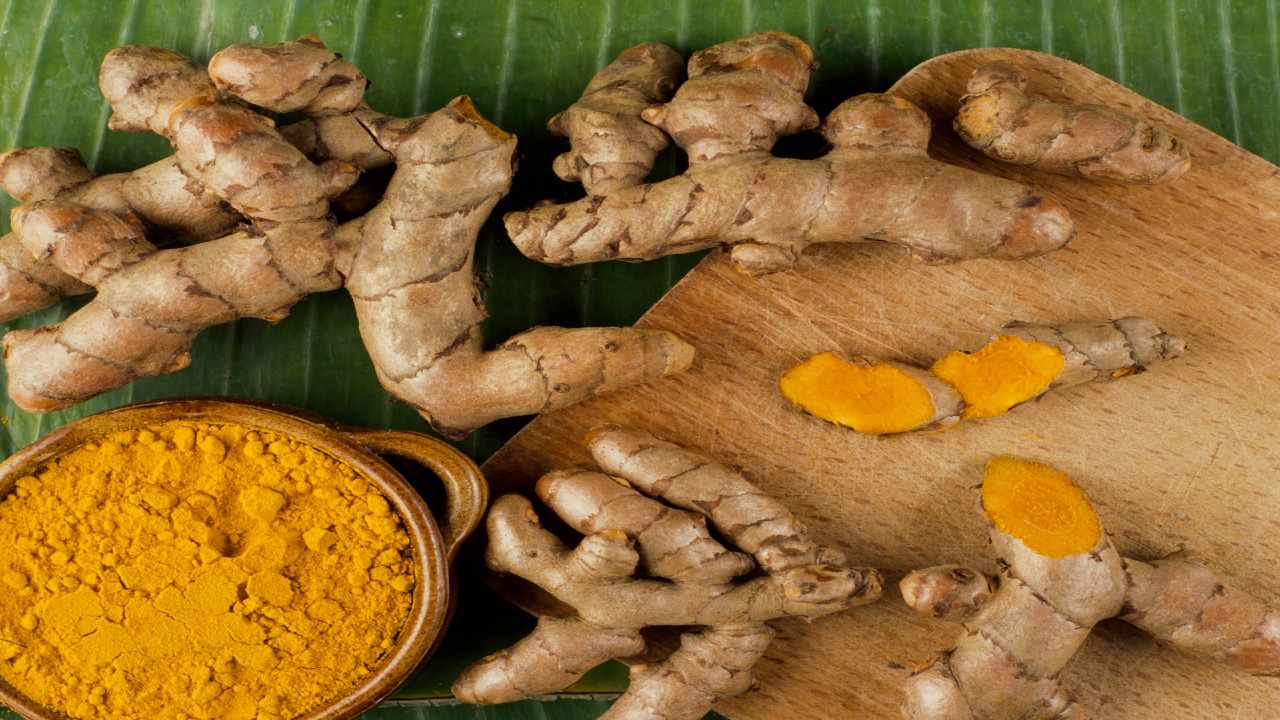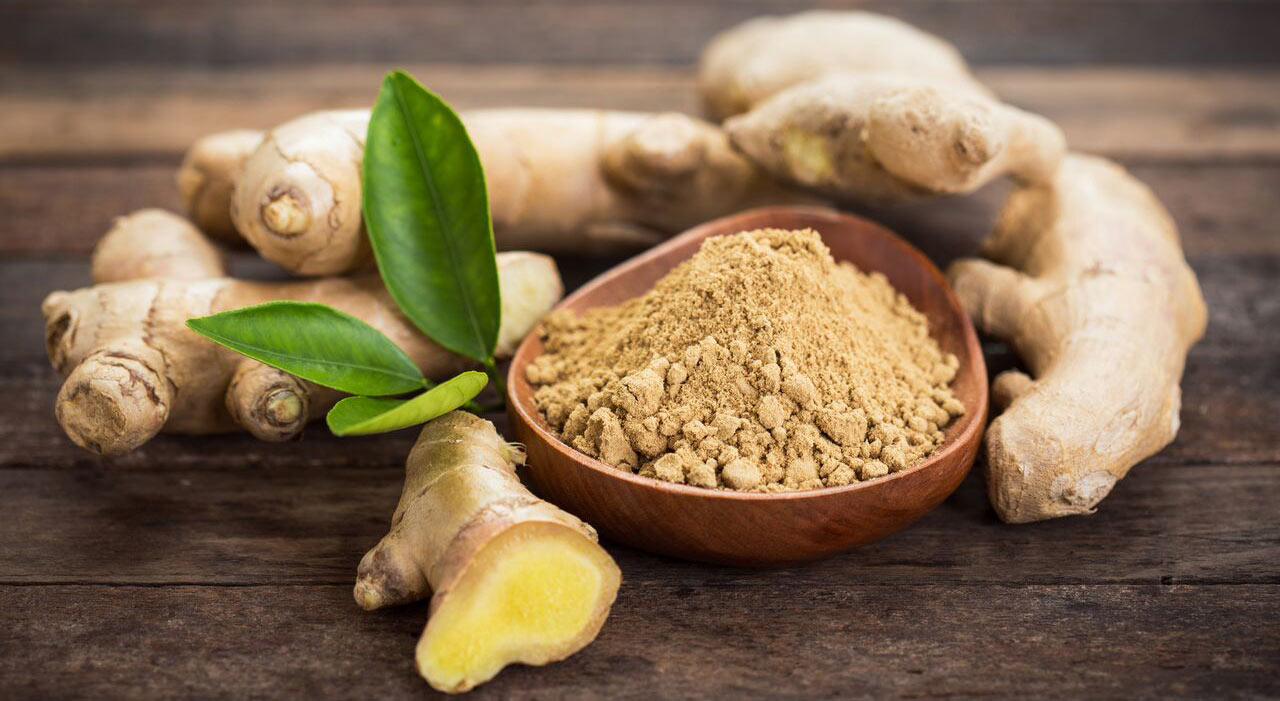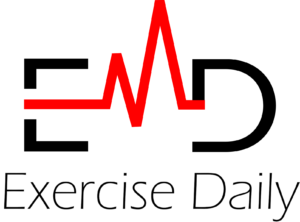Table of Contents
Exercise Daily – Aches and pains are common occurrences that can disrupt our daily lives and hinder productivity. Finding relief is essential to regain comfort and mobility, whether it’s a nagging backache, muscle soreness, or joint pain. While over-the-counter pain medications are readily available, they often come with side effects and may not address the root cause of the pain. Fortunately, there are numerous natural remedies and self-care practices that can effectively alleviate pain without relying on medication. This article will explore various home remedies for body pain that can help relieve discomfort and promote overall well-being.
Aches and Pains
Before delving into the world of home remedies, it’s essential to understand the nature of aches and pains. Pain can be categorized as acute or chronic, with sharp, short-lived pain caused by injury or temporary health conditions. On the other hand, chronic pain persists for an extended period and is often associated with underlying health conditions such as arthritis or fibromyalgia. Identifying the cause of your pain is crucial in determining the most effective remedies.
Types of Body Pain
Body pain can be classified into different types based on its origin and characteristics. Common types of body pain include:
- Muscle Pain: This type of pain occurs with muscle damage or inflammation. It can range from mild discomfort to severe and debilitating pain.
- Joint Pain: Joint pain arises from inflammation, injury, or arthritis. It affects the joints, making movement difficult and painful.
- Back Pain: Back pain is a prevalent form of discomfort resulting from poor posture, muscle strain, herniated discs, or underlying medical conditions.
- Neck Pain: Neck pain commonly occurs due to poor posture, muscle tension, or cervical spine issues. It can cause stiffness and limited mobility.

Causes of Body Pain
Body pain can have various causes, including:
- Physical Strain: Engaging in strenuous physical activities or lifting heavy objects can strain the muscles, leading to pain and discomfort.
- Inflammation: Inflammation in the body, caused by conditions like arthritis or injuries, can result in persistent pain.
- Overuse or Repetitive Motion: Repeatedly using specific muscles or joints, such as in certain occupations or sports, can lead to overuse injuries and chronic pain.
- Poor Posture: Maintaining incorrect posture for extended periods can strain the muscles and cause pain, particularly in the back and neck.
- Stress and Tension: Emotional and mental stress can manifest physically, causing muscle tension and pain.
Impact of Body Aches and Pains
Body aches and pains can significantly affect your daily life. They can limit mobility, hinder productivity, and impact overall well-being. Persistent pain can also lead to sleep disturbances, mood changes, and reduced quality of life. Addressing body pain promptly is essential to prevent it from interfering with your daily activities and overall happiness.
The Power of Home Remedies
Home remedies have gained popularity in recent years as people seek alternative solutions that are natural, cost-effective, and easily accessible. One of the significant advantages of home remedies is that they are generally free from the side effects commonly associated with medications. By utilizing ingredients found in our kitchens or incorporating simple lifestyle changes, we can tap into the power of nature to find relief from aches and pains.
Effective Home Remedies for Body Pain
Incorporating turmeric into your routine:
Turmeric, a vibrant yellow spice commonly found in Asian cuisine, is renowned for its anti-inflammatory properties. Curcumin, the active compound in turmeric, has been shown to help reduce pain and inflammation in the body. Adding turmeric to your meals or consuming it as a supplement can alleviate body pain and improve overall well-being.
Exploring the benefits of essential oils:
Essential oils, such as lavender, peppermint, and eucalyptus, have been used for centuries to relieve pain and promote relaxation. These oils can be applied topically or used in aromatherapy to help reduce muscle aches, joint pain, and headaches.
Using heat and cold therapy for relief:
Heat and cold therapy are simple yet effective ways to soothe body pain. A warm compress or bath can help relax muscles and improve blood flow, while cold therapy with an ice pack can reduce inflammation and numb the affected area.
Harnessing the power of massage:
Massage therapy offers a holistic approach to pain relief by targeting specific body areas. Whether you seek professional massage services or practice self-massage techniques, such as using a foam roller, massaging can help reduce muscle tension, alleviate pain, and improve flexibility.
Trying natural pain relievers:
Nature provides various natural pain relievers, such as ginger, cherry juice, and capsaicin. Ginger has anti-inflammatory properties, cherry juice contains antioxidants that may help reduce muscle soreness, and capsaicin, found in chili peppers, acts as a natural painkiller.

Natural Remedies for Specific Aches and Pains
Relieving back pain naturally:
Back pain is a common complaint caused by poor posture, muscle strain, or underlying conditions. Natural remedies for back pain include applying heat or cold packs, practicing gentle stretches, and maintaining proper posture during activities.
Easing muscle soreness and stiffness:
Muscle soreness and stiffness can occur due to intense physical activity or overexertion. Home remedies for muscle pain include using Epsom salt baths, applying a warm compress, performing gentle exercises, and getting enough rest.
Addressing joint pain and arthritis:
Joint pain, often associated with arthritis, can be managed with natural remedies. Regular exercise, maintaining a healthy weight, applying hot or cold packs, and incorporating anti-inflammatory foods into your diet, such as turmeric, can help reduce joint pain and improve mobility.
Managing neck and shoulder pain:
Neck and shoulder pain can result from poor posture, stress, or muscle tension. Simple remedies for neck and shoulder pain include gentle stretching exercises, using a warm compress or ice pack, practicing relaxation techniques, and ensuring proper ergonomics while working or sleeping.
Soothing headaches and migraines:
Headaches and migraines can be debilitating, but there are natural remedies to alleviate the pain. Drinking plenty of water, applying a cold or warm compress to the head or neck, practicing relaxation techniques, and avoiding triggers such as certain foods or stressors can help manage headaches and migraines.

Lifestyle Changes for Pain Management
In addition to home remedies, incorporating specific lifestyle changes can contribute to long-term pain management. Here are some tips to consider:
- Incorporating self-care practices: Engaging in activities that promote relaxation and reduce stress, such as meditation, deep breathing exercises, or taking a warm bath, can have a positive impact on pain management.
- Exercising and stretching for pain relief: Regular physical activity, including low-impact exercises such as swimming or walking, can help strengthen muscles, improve flexibility, and reduce pain. Incorporating stretching exercises explicitly targeting problem areas can also provide relief.
- Maintaining a healthy diet and weight: A balanced diet rich in fruits, vegetables, whole grains, and lean proteins can help reduce inflammation and support overall health. Maintaining a healthy weight can also alleviate pressure on joints and reduce pain.
- Getting enough rest and sleep: Adequate sleep is crucial for the body’s healing and repair processes. Establishing a consistent sleep routine and creating a comfortable sleep environment can contribute to pain management and overall well-being.
When to Seek Professional Help
While home remedies can be effective for many individuals, there are situations where professional help is necessary. If you experience chronic or severe pain that persists for an extended period, it’s essential to consult a healthcare provider. They can offer a comprehensive evaluation, diagnose underlying conditions, and recommend appropriate treatment options to manage your pain effectively.
Self-Care Practices for Alleviating Body Pain
In addition to specific remedies, adopting self-care practices can significantly contribute to alleviating body pain and preventing its recurrence. Let’s explore some essential self-care practices for managing and reducing body pain.
Exercise and Stretching: Boosting Blood Flow and Reducing Pain
Regular exercise and stretching can work wonders for relieving body pain. Engaging in low-impact exercises like swimming, walking, or yoga helps boost blood flow, strengthen muscles, and improve flexibility. Stretching exercises, such as gentle yoga poses or targeted stretches for specific muscle groups, can help alleviate muscle tension and increase the range of motion. Choosing exercises appropriate for your fitness level is essential and consult a healthcare professional if you have any underlying health conditions.
Rest and Sleep: Giving Your Body the Recovery It Needs
Adequate rest and quality sleep are crucial for your body’s recovery and pain management. When you’re experiencing body pain, it’s essential to listen to your body and give it the rest it needs. Ensure you have a comfortable mattress and pillow that support your body’s natural alignment. Establish a relaxing nighttime routine and create a sleep-friendly environment to promote restful sleep. If pain disrupts sleep, using pillows or supports to find a comfortable position can help alleviate discomfort.
Proper Posture and Ergonomics: Preventing and Alleviating Pain
Maintaining proper posture and ergonomic practices can go a long way in preventing and alleviating body pain. Whether sitting at a desk, standing for extended periods, or engaging in physical activities, maintaining good posture helps distribute the load evenly on your musculoskeletal system. Use ergonomic chairs, adjustable desks, and supportive footwear to minimize strain on your body. Practice regular posture checks and make adjustments to maintain a neutral spine and avoid unnecessary muscle tension.
Stress Management: Minimizing the Impact of Stress on Pain
Stress and pain are closely interconnected, as stress can exacerbate physical discomfort. Incorporating stress management techniques into your daily routine can help minimize the impact of stress on your body and reduce pain. Explore stress-relief practices like deep breathing exercises, meditation, mindfulness, and yoga. These practices can help calm your mind, relax your muscles, and reduce stress. Additionally, engaging in activities you enjoy, such as hobbies, spending time in nature, or listening to soothing music, can provide a much-needed mental and emotional break, further promoting pain relief.
Healthy Diet and Hydration: Nourishing Your Body for Pain Relief
Maintaining a healthy diet and staying hydrated are essential for overall well-being and can play a significant role in managing body pain. A nutritious diet rich in fruits, vegetables, whole grains, and lean proteins provides your body with the necessary vitamins, minerals, and antioxidants for optimal functioning. Certain foods, such as fatty fish rich in omega-3 fatty acids (e.g., salmon, sardines), can help reduce inflammation and alleviate pain. Additionally, staying hydrated by drinking adequate water throughout the day helps keep your joints and muscles lubricated and supports overall bodily functions.
When to Seek Medical Advice
While home remedies can be effective for many body pain cases, knowing when to seek medical advice is essential. If your pain persists, worsens, or is accompanied by other concerning symptoms, it’s advisable to consult a healthcare professional. They can diagnose the underlying cause of your pain and recommend appropriate treatment options. Additionally, certain red flags should prompt immediate medical attention, including:
- Severe or sudden onset of pain
- Pain accompanied by fever, chills, or unexplained weight loss
- Numbness, weakness, or loss of coordination
- Pain after a fall, accident, or injury
- Pain that interferes with daily activities or sleep
Don’t hesitate to reach out to a healthcare professional if you have any concerns or questions about your body pain.

Conclusion
Aches and pains can significantly impact our daily lives, but numerous home remedies and lifestyle changes can provide relief and improve overall well-being. You can effectively manage body pain without relying solely on medications by incorporating natural remedies such as turmeric, essential oils, heat and cold therapy, and massage. Additionally, adopting self-care practices, exercising regularly, maintaining a healthy diet, and prioritizing restful sleep can contribute to long-term pain management. Remember that each person’s experience with pain is unique, and it’s essential to listen to your body and seek professional help when necessary to ensure optimal care.
FAQs – Ease Aches and Pains with These Simple Home Remedies
Q: Can home remedies eliminate body pain?
Home remedies can provide significant relief from body pain, but the complete elimination of pain depends on various factors, including the underlying cause and the individual’s response to treatment. It’s essential to consult a healthcare provider for a comprehensive evaluation and appropriate treatment options.
Q: Are there any side effects of using home remedies for pain relief?
Home remedies generally have minimal side effects compared to medications. However, some individuals may experience allergies or sensitivities to certain ingredients. Performing a patch test or consulting a healthcare provider if you have any concerns is advisable.
Q: How long does it take for home remedies to alleviate body pain?
The time it takes for home remedies to alleviate body pain can vary depending on the individual and the specific remedy. Some remedies may provide immediate relief, while others require consistent use over time to experience noticeable results. Patience and consistency are key.
Q: Can I combine different home remedies for better pain relief?
Yes, you can combine different home remedies to address your specific needs. However, ensuring compatibility and avoiding excessive or inappropriate use is essential. If you have any concerns or questions, consult a healthcare provider.
Q: Are home remedies suitable for everyone, regardless of age or health condition?
While many home remedies are generally safe for most individuals, it’s essential to consider individual circumstances, such as age and underlying health conditions. Some remedies may not be suitable for pregnant women, individuals on specific medications, or those with certain health conditions. Consulting a healthcare provider is recommended for personalized advice.






